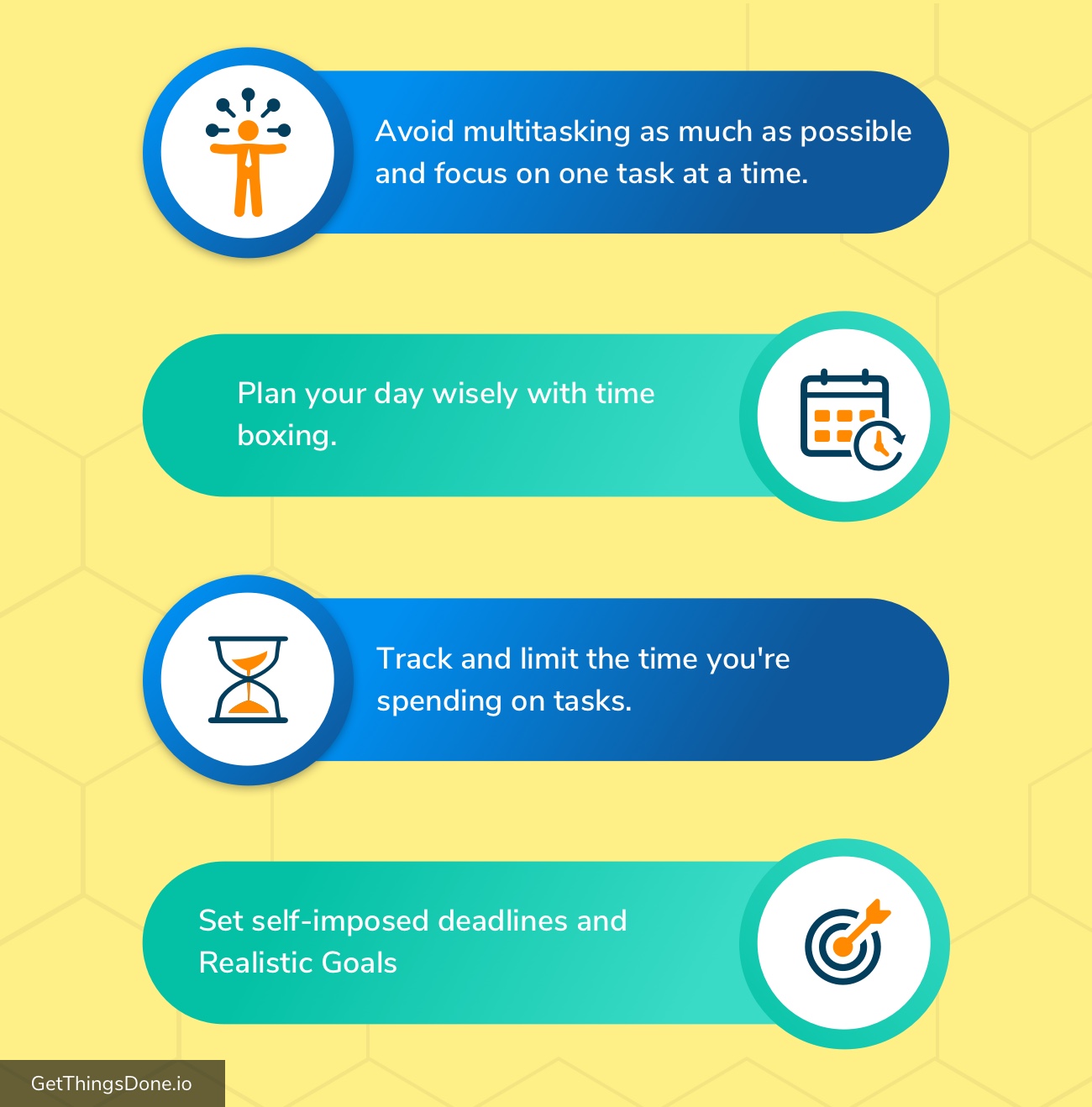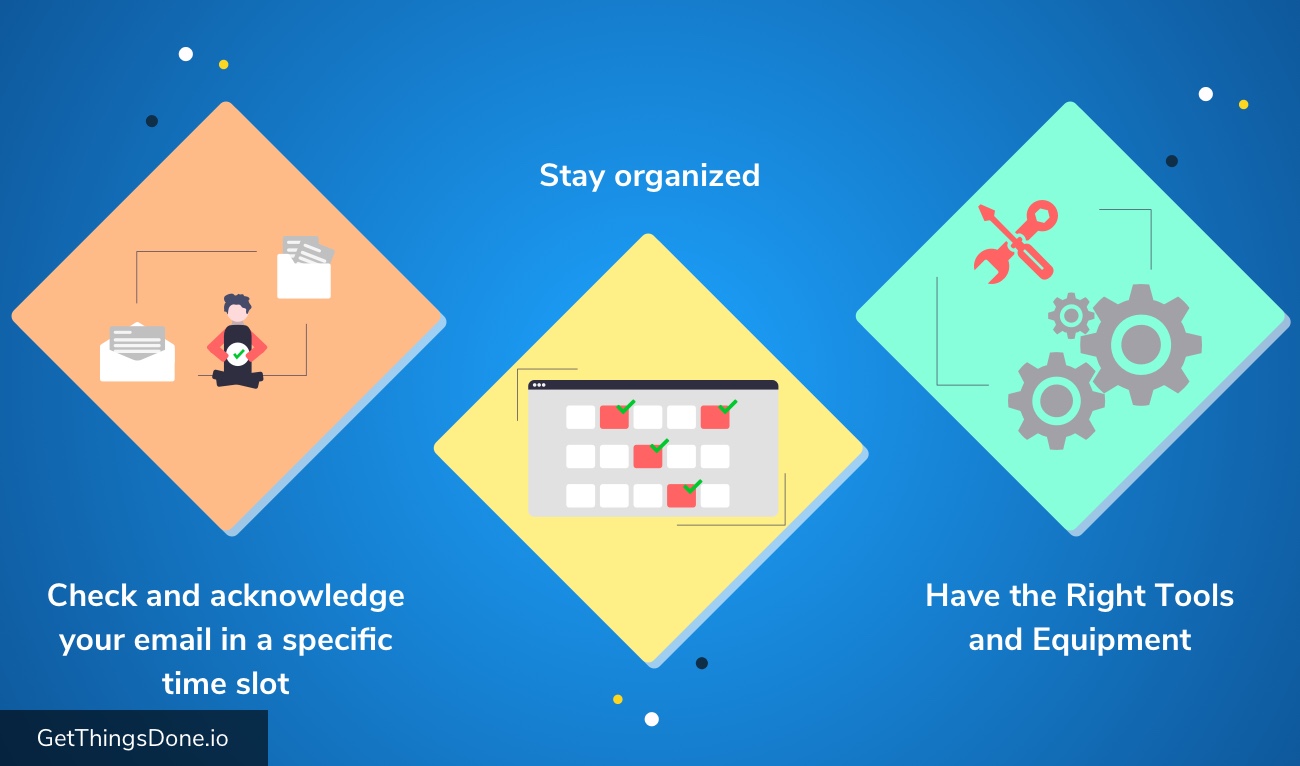The Covid-19 has brought us home having a quality time. One day while working from home, my four-year-old nephew came up with his animals’ jigsaw puzzle set and started solving the puzzle, and to my surprise, completed it all in a short time. I started thinking about what made him finish his task in quick succession. Among those 100 jigsaw puzzle pieces, I observed some common traits that I would like to share.
The Jigsaw puzzle
In the puzzle, you have 100s of pieces, and you know the outcome very well. So, get all the pieces and start joining the puzzle one after another. Similarly, when working on your task, follow the same traits, accomplish your goal, and increase your throughput.
There are simple ways to follow, and while doing so.
1. Avoid multitasking as much as possible and focus on one task at a time.
The kid knows his best of solving happily one puzzle at a time. It’s setting an example.
People often say ‘Jack of all trades and master of none’ and still tend to do multiple tasks and end up completing none. The research has found that attempting to do several tasks at once may result in loss of time and productivity. Instead, it’s easier to choose a single task at a time and complete it with full dedication and concentration.
2. Plan your day wisely with time boxing.
Again you could notice the kid’s planned his daily activity – solving puzzles, sleeping, watching his favourite cartoon, and so on.
You can use this time management technique as this encourages you to concentrate on the time instead of your tasks. To organize your daily schedule with time blocking, one needs to follow a few simple rules. Make your to-do list, estimate time for each task, and set a timer to alert you and iterate the same for better results.
3. Track and limit the time you’re spending on tasks.
Time is an asset. The kid has conveniently limited his time to do a particular task.
So, this means that the concern for time is as important as concern for the money. The money once spent can be gained, but this does not apply to time. Tracking time gives you a rough/estimated idea of how many tasks you can take up in a particular duration.
4. Set self-imposed deadlines and Realistic Goals
The kid was instituted about completing his activities in the given timeline.
This means that setting deadlines and goals are equally important as tracking your time. Apart, it gives you the motivation to complete the task in time and achieve your goal. One should try giving deadlines and stick to those deadlines for the open-ended task. This helps you defiantly discover how focused and productive you and thus counting the clock.
The manager often complains of not having a clear and strong sense of whether their team members are high-performing or not. While setting realistic goals and a clear direction of the project plan helps the team with a clear focus and goal.
These are some of the traits that the kid followed to complete the jigsaw puzzle. But apart from this, here are few more trails that should be practised by working professionals –
1. Check and acknowledge your email in a specific time slot.
Emails are the biggest distractions while working. Setting a specific time to respond to emails will overcome your distraction and let you concentrate on your work. This will not only determine what your day is going to look like but will also help you to stick with it.
2. Stay organized
Have you ever been in a situation of sudden panic? This indeed is a critical situation when you don’t find accurate information or data at the required time. Why panic if you have all your project-related stuff organized and easily accessible. Make a habit of having all the information in one place to avoid panic.
3. Have the Right Tools and Equipment
To work in a team and make the project successful, a good manager provides his team with the right tool that helps his team perform well and efficiently complete tasks in time. New programs make a massive difference not only to the team but also to how your company is perceived. Save your efforts and start tracking your time using Get Things Done. You will realize the best out of it.





